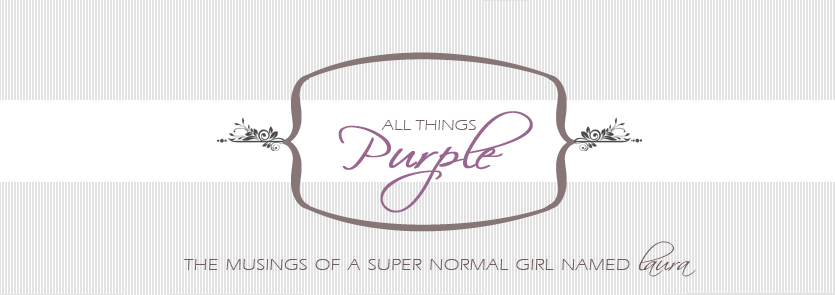If I were to sum up 2020 with one word, it would be unexpected. Who could have guessed our whole world would be turned upside down and shut down and permanently altered in many ways when January 2020 hit? But I also wonder who has had a year when you're not at least a somewhat new person by the end of it? As I have been considering how much has changed this particular year, I realize that each year that goes by brings a great deal of change. 2020 is no different, yet what changed and how deeply it has affected us collectively is the unexpectedness that has shocked us. Adversity seems to be around every corner with sickness, death, political strife, etc. That said, I'd like to focus on some of the unexpected goodness with a list:
1. Being able to watch streamed concerts. The first one I watched was the Easter presentation from Milan, Italy with Andrea Bocelli. I felt the goodness of God surround me as the videographers took us around the city as well as other cities around the world to see everything slowed down and even still.
2. Significantly more time with my children. This one was a challenge at times, yet overall, I believe it helped us to recognize how important we are to each other.
3. Learning to better worship God at home. Talking about the gospel became more of a daily purpose. We began going on short road trips on Sundays to listen to sacred music, scriptures, and/or spiritual addresses.
4. Cooking new things. With being stuck at home, I had more time to cook, so I began looking up recipes that use items we had a lot of and didn't need anything else from the store when possible, and we had some really great food! I made sure to print off each recipe that we loved, and I'm going to compile a mini cookbook once this pandemic is over.
5. Family History. Doing family history work had already been a hobby, but with being slowed down these past several months, I have made a point to really work at it. Over the summer, I treated it like a job where I'd dedicate whole shifts of time to the work.
These five things are simply a handful of the unexpected good I found this year; there is so much more.
The truth is that there has been a great deal of suffering; nevertheless, there has been an overwhelming amount of good to help us to carry on, for which, I am thankful. I haven't written much—at all—lately, but I hope this end the year reflection might help me learn, heal, and remember the unexpected good that came out of a hopefully once in a lifetime pandemic.
















































